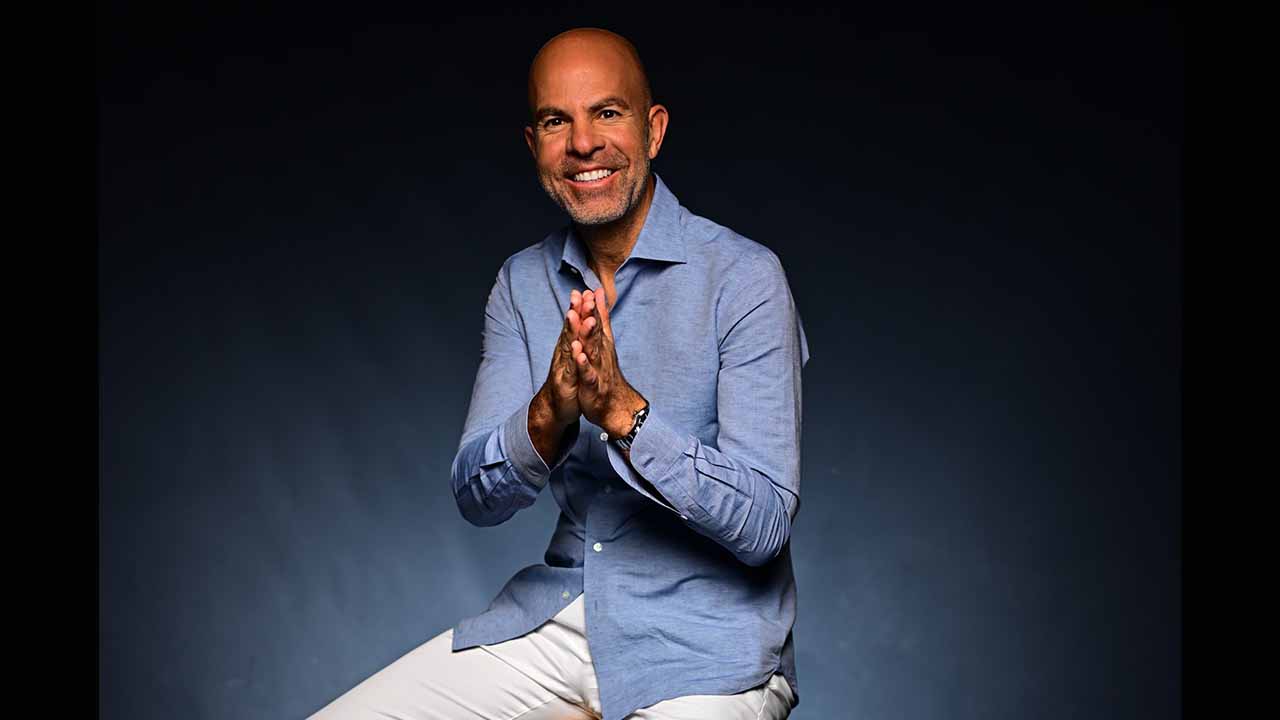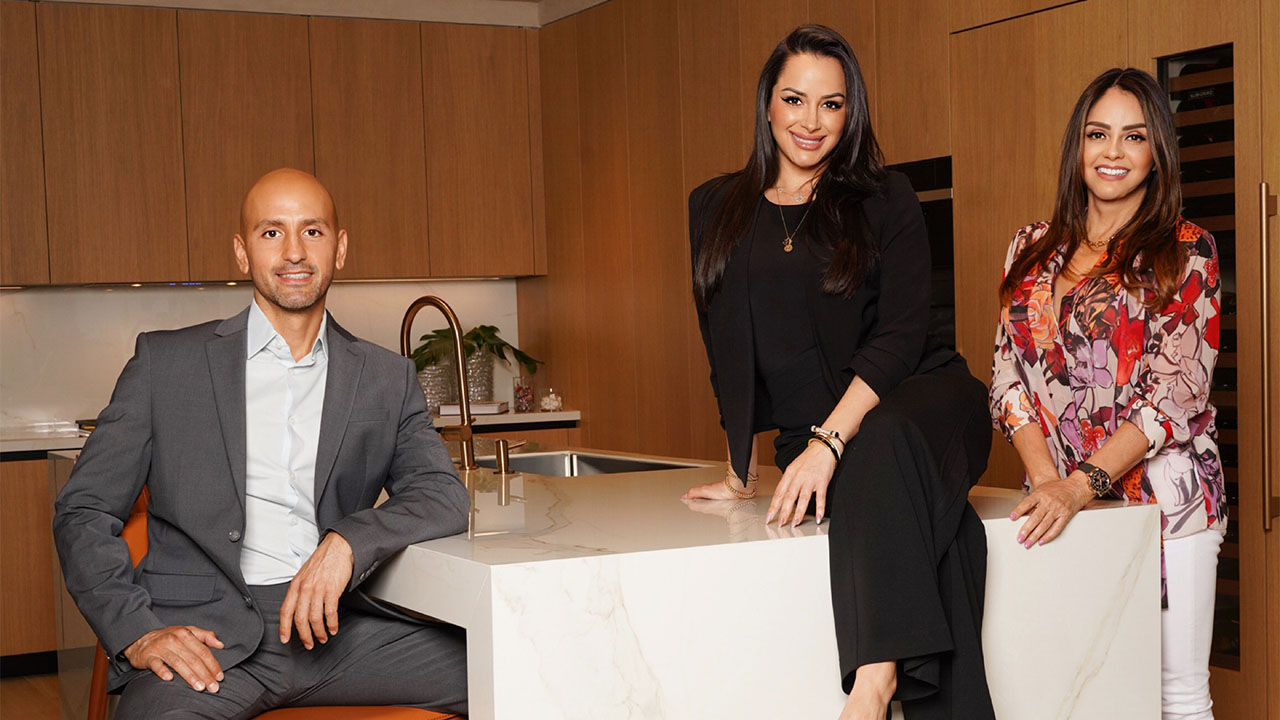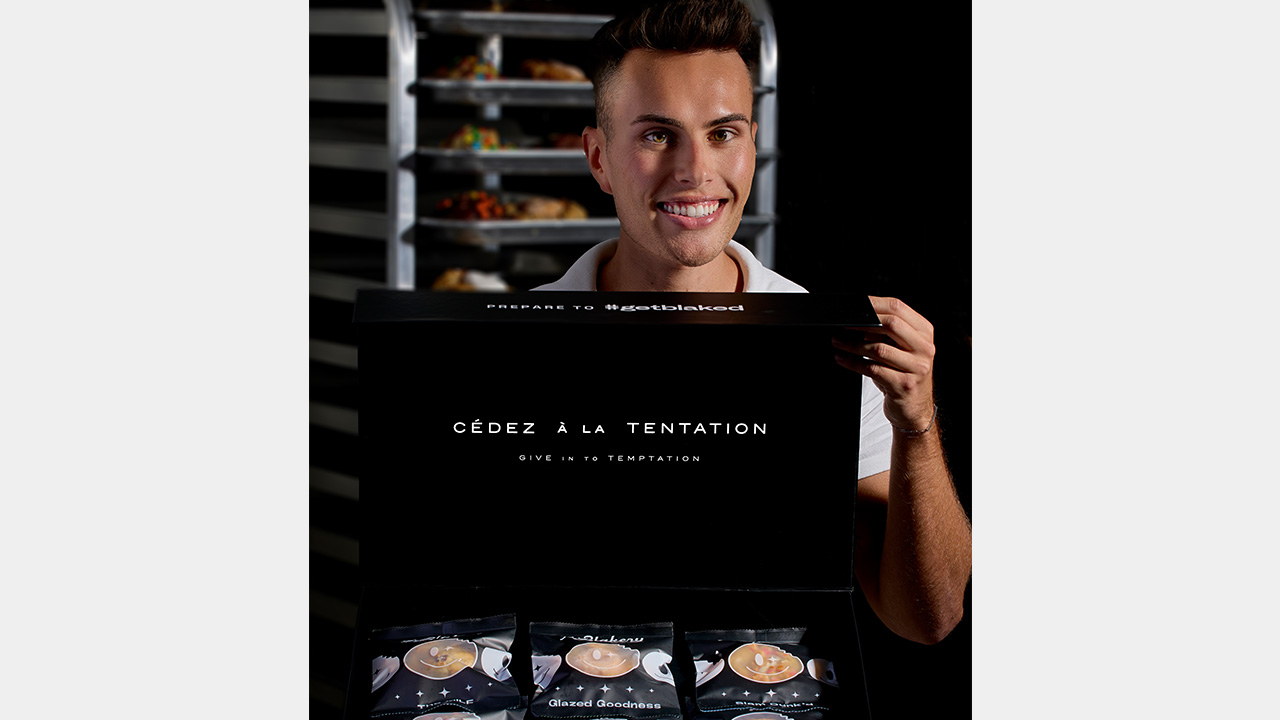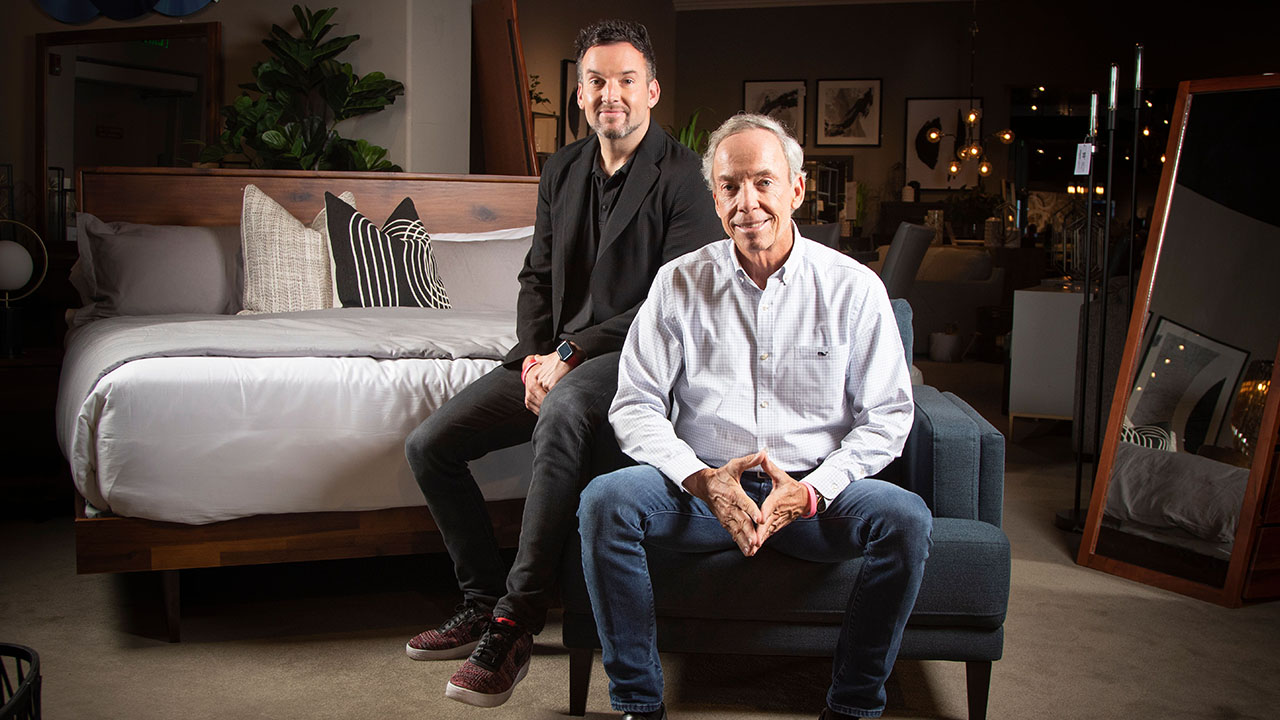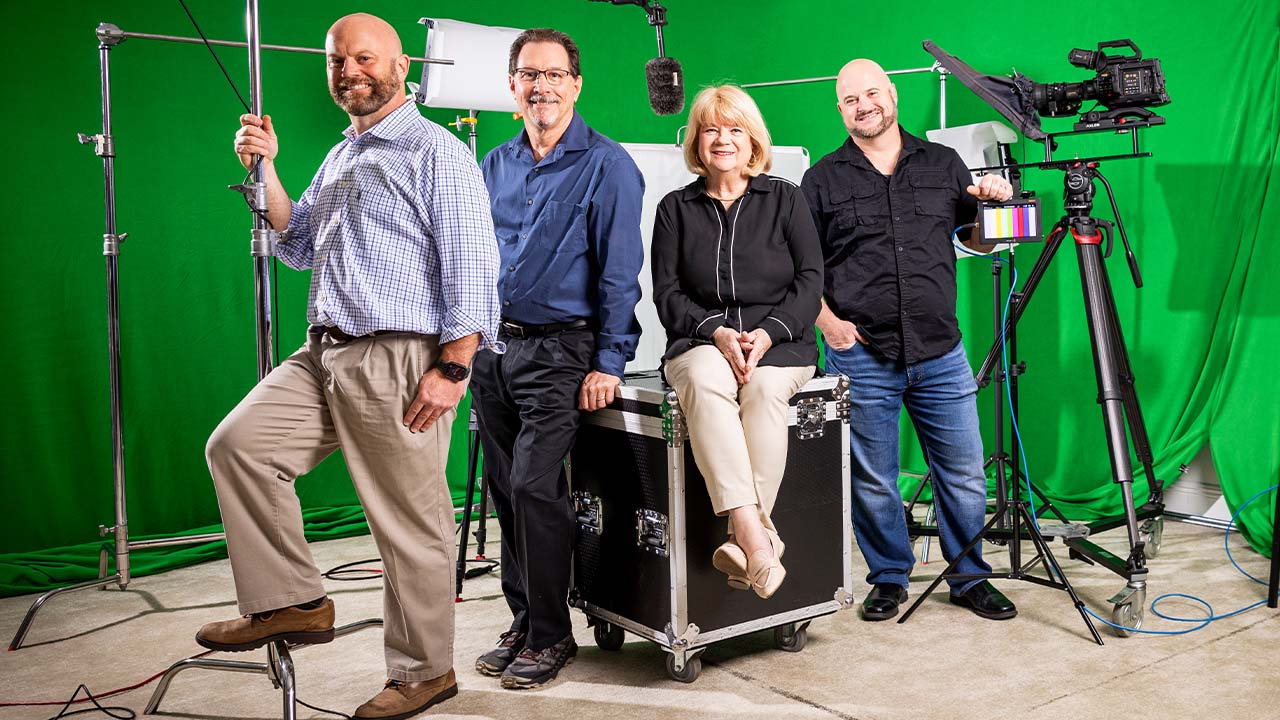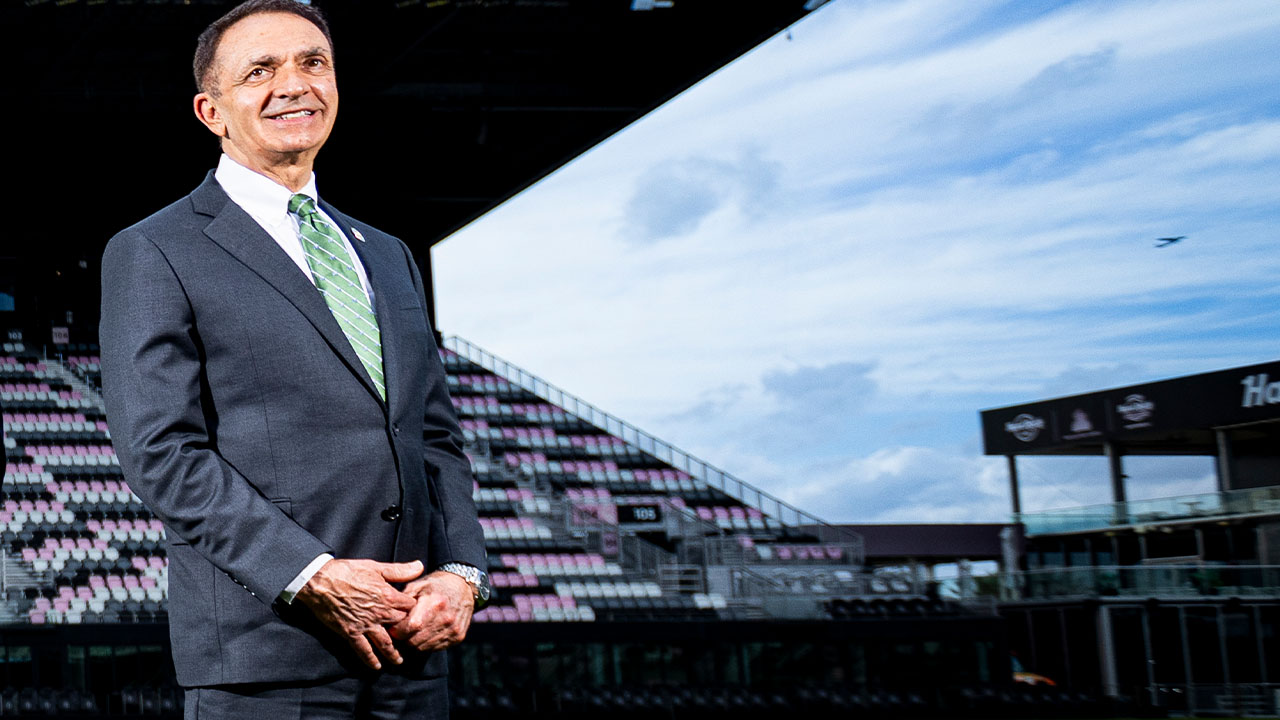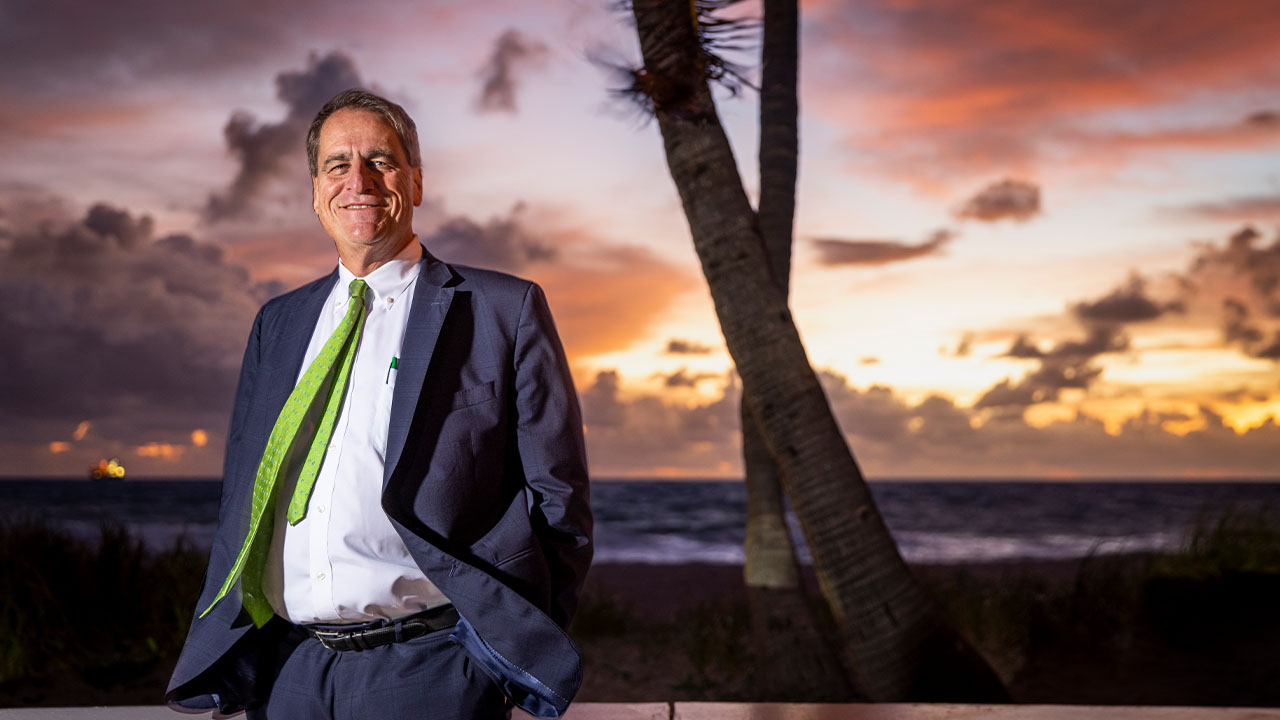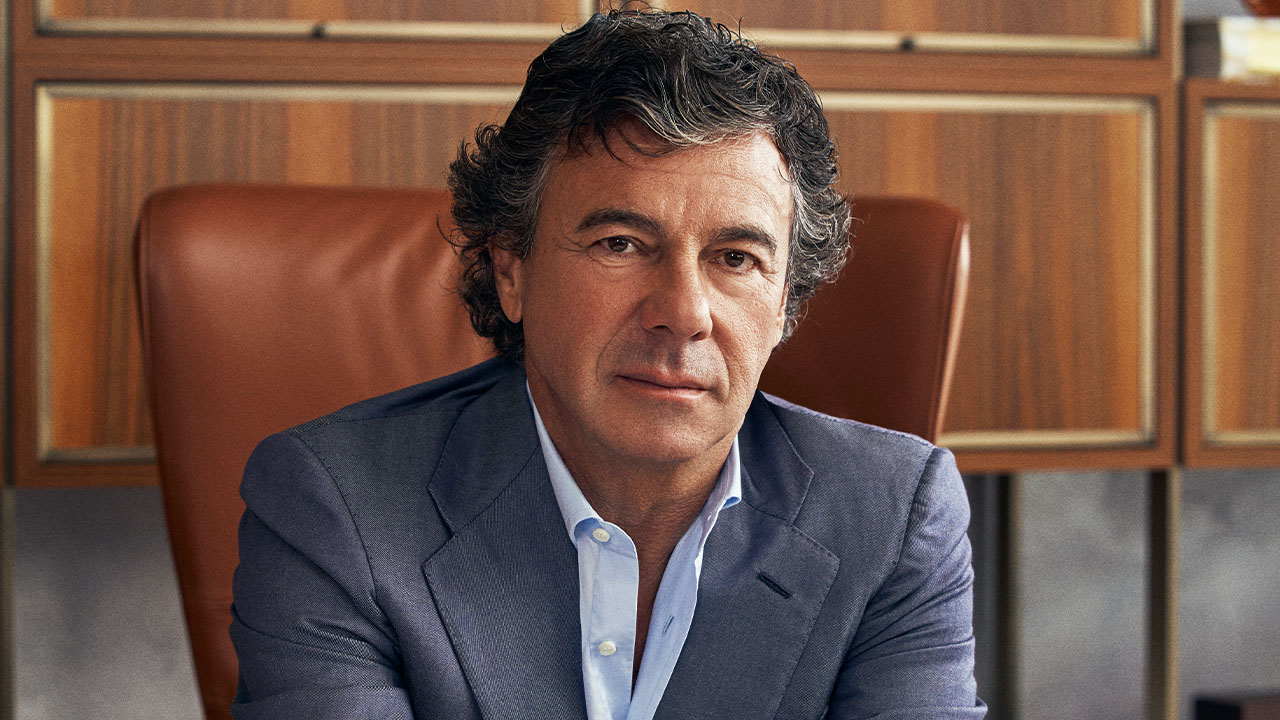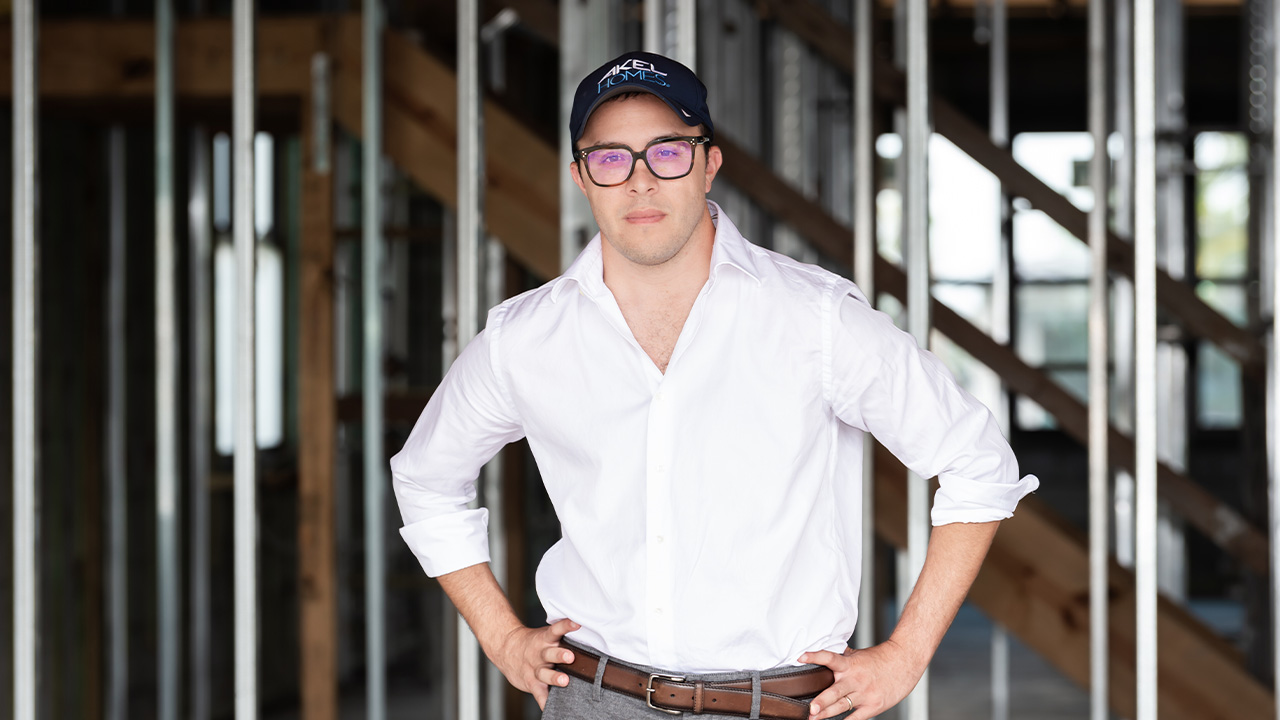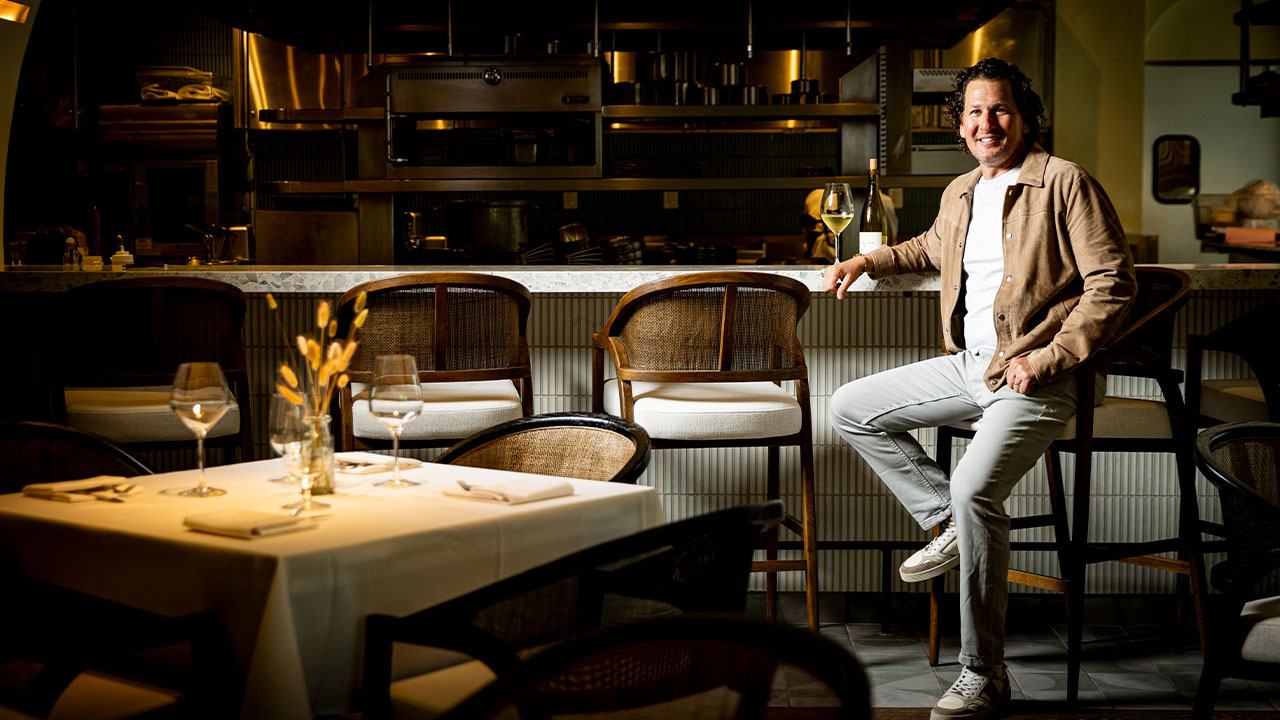“I grew up with nothing,” says Harvey Hernandez—with his usual candor—about his upbringing in Venezuela. “Our family was very humble and very decent, but we didn’t have much.” The founder and CEO of Miami-based Newgard Development Group doesn’t dwell on those hardships, and there isn’t a trace of rancor in his voice. This is a man who doesn’t let grass grow under his feet—and he was that way as a boy.
Hernandez started working at 14, seeing every opportunity as a learning experience and a step forward. He launched his own computer purchasing business at 17—when banks weren’t exactly signing up teenagers for checking accounts, but his resourcefulness and drive won the day. A random encounter helped determined his path—when Hernandez was getting coffee one day, a businessman said that the young man could find success in Miami.
“This man gave me the best advice that anyone had ever given me,” Hernandez recalls. “I don’t remember his name, but he changed my life. Any conversation can change your life or improve your business. That’s why it’s so important to pay attention, all the time. This is what makes life so beautiful: If you really pay attention, every single answer comes to you.”
Today, the developer has a slew of completed or near-complete projects to show for that ambition, from Solaris, a 140-unit mid-rise condominium tower in Brickell (completed in 2006); to the 37-floor residential tower Centro (2018); to several hotly anticipated Miami projects: Natiivo, a 51-story tower designed by Arquitectonica, which has been sold out for the last three years; and the luxurious Lofty, the first luxury building purposely designed, built and licensed to be shared. The innovative concept—with flexible ownership with no rental restrictions—illustrates Hernandez’s ability to respond to the ever-changing needs of the market. Eminently personable, Hernandez exuded optimism and bonhomie when he spoke to SFBW about this high-profile stage in his career.
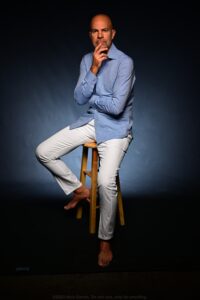 Did you have an epiphany—a lightbulb moment—when you knew you would become a developer?
Did you have an epiphany—a lightbulb moment—when you knew you would become a developer?
I think it was a series of little moments and experiences that led me to the profession. I don’t know if anybody wakes up one day and says, I’m going to be a real estate developer and I’m going to learn everything about it. What happened with me is that in my late 20s I sold a computer business that I had for five years and I had a little bit of cash. As you may know, when you come from nothing and have a little bit of cash you want to try to protect that cash as much as you can, right? So, I said, what if I just buy rental income-producing property—fix them up, earn income and preserve my cash.
But you had higher aspirations.
That’s what I started doing in the year 2000, and that lasted for about a year, and I said, this is so boring this is not challenging. I’m in my late 20s at that point. I needed to learn a little bit more about the business and I need something that is a little bit more challenging and a little bit more creative, perhaps. So, I started talking to people and a friend of mine—a social friend of mine, we weren’t doing business at that time— suggested that I buy piece of piece of property and build something. I found it piece of property in the Gables area and we started designing and that became our first development project.
You keep emphasizing your thirst for knowledge. What were you learning then?
It was a condominium. It was 14 stories, about 80 units, and I remember learning the difference between drywall and glock, and how much rebar you need to comply with code, what is excessive and what is customary and typical, and efficiencies. You know, real estate development is probably one of the most complete professions out there because you need to know everything about everything.
From the beginning of the process to the end—you have to be an expert in every step, right?
You have to be an expert in everything—buying property, selling property, because if you’re a condo developer that’s what you do. You have to be an expert in design and efficiencies, you have to know about construction. You have to be an expert in marketing, you have to be an interior designer. You have to be an attorney—at the end of the day you want to cut the best deals possible because everything that you sign exposes you, especially in an industry that is so litigious like ours. And then you have to be a financier, because you have to make sure that the way that you’re thinking about capital stock and financing a project is the right way and it’s doable. You have to know a little about everything, actually, a lot of everything. I find it fascinating that such a profession can exist and you can gain so much knowledge in a single profession. I remember when we closed our first construction loan—I had no experience. Commerce Bank was gracious enough to trust in our ability to deliver. That was the first of many loans we did together.
You’re humble enough to talk about your lack of experience in those early days. How did you compensate for that?
When we started construction, I would go to that job site every single day. Every. Single. Day. I would go to every single meeting. I would go to every single sales meeting, because I was in learning mode. That’s what you do: You go, you listen, you ask a lot of questions, you analyze, and you move onto the next thing. It was incredible, and that allowed me to fall in love with the business.
Tell me about your first project, Gables View.
Gables View made me feel differently about business, about life, about creation, about what I was giving back to the community. The fact that you can create housing and spaces for people and then meet them in the street and find out that they live in your properties, the fact that you can create something on paper and somebody will believe in and invest in so much that they give you a check before they see anything—this is really an incredible feeling. This is why every time that we launch a project for sale, we launch it and we position as if we were the buyers, because if you cannot buy it, then you cannot sell it. If you wouldn’t write that check, then then how can you even have the audacity to build it? There have been a series of events that have guided us to where we are today.
That’s a signature moment. How many projects do you have right now, and in South Florida particularly?
About 12 in South Florida.
Were there certain instances when you had a project in the pipeline, but then you received an interesting offer for the land? How do you decide to sell, after you’ve put your heart and passion into a dream, but then your practical side takes over?
Those are the biggest decisions that a developer makes, because if you’re a real estate developer, you’re not a speculator. There are people who call themselves developers but they never build anything. They buy, they title, they create, they dream, and then they let another developer come in and execute whatever that dream is—that’s not a real estate developer. That is a speculator, an investor—call it whatever you want. A developer executes his own dream.
But let’s go back to those difficult decisions.
Sometimes, you have to come to your senses and realize that you can’t build every single dream.
And maybe by the time that offer comes in, you have another dream that’s more important to you, and the deal helps finance it, right?
We will always have another dream. So, by derisking one, it allows you to perform in some other areas, that’s for sure. I’ve done that a couple times. And when we spoke about the number of projects we have [12], Lofty is not counted in that number.
But it does include Natiivo, right?
It doesn’t include Natiivo Miami, because we don’t see it as finished yet.
It will be finished this year, right?
It will be finished this year. Q4 of this year. At the end of the year it will be delivered, that’s what we’re shooting for and it will be really beautiful, and it’s big—it’s a million square feet.
Before we talk about the particular projects—and we will talk about those two—I want to ask you something more general. What’s more important in your life, excitement or stability?
Excitement.
You answered without hesitation. Why?
Because if I’m not excited about anything I’d probably rather be dead. What we try to achieve is certain level of excitement with a certain level of stability, if that makes sense it does.
Is there a partner you have in your professional life who encourages stability while you’re thinking about excitement?
I have an inner partner [laughs], an inner side of me who is always reminding me of that because I always say that I have this internal struggle for balance. You cannot have too much excitement all the time and you cannot have too much stability all the time because it’s boring, at least in my view. But here in our company we have, for example, my corporate counsel is always reminding me—he’s a good sounding board. He’s been with me for five or six years. It’s a struggle every single day right and that’s what makes it fun.
I know you’re an avid traveler and I’m wondering if your travels influence the kinds of ideas you get for, say, Lofty and Natiivo, and if your travels help educate you about what the market wants.
One hundred percent. I travel at least twice a month and every travel destination is a discovery, is research. I’ve read this some time ago and I think it’s so true: Life is like a book. If you haven’t traveled, you’ve only read the first page. Listen, we came up with the idea for Natiivo and Lofty and everything else that we do in the flexible ownership space because of our lifestyle. We identify with the market because of our travels; in talking to people, we saw that people really wanted the same lifestyle that we want, but nobody was offering that.
Tell me about the lifestyle of Natiivo with regard to its market differentiators.
A few years ago, I was going to New York for meetings on a regular basis, and I love New York because it’s extremely inspirational, especially for a businessperson, especially in real estate. I was convinced that I wanted to buy an apartment there and to spend, you know, four or four and half months there every year. But then, I thought, I wonder if I could find something that I can also share, so that the additional 8 months that I’m not using it could somehow cover my expenses. Guess what? I couldn’t find it— doesn’t exist, not legally, not above-board. I thought, I wonder if there are more people out there that would like to have a product that they can use and also share whenever they want, however they want, with great technology and a great sense of style and quality.
And—
That was the genesis for Natiivo. It was created to be a four-star category product— medium-high range: very nicely equipped but also at a price that made sense for a great number of people. And it was so successful that we launched in Austin and here in Miami at the same time. People thought that it was crazy to offer a product that it was finished and furnished and flexible and supersocial and superlocalized, when it comes to local feel and vibe and that’s it. We have basically proven the concept that people want it and that’s why we’re building more of that.
And Lofty supercharged the idea?
Then we said, OK, how about if we launch another brand that is more high-end for the type of clientele that would like to have a product that is a little more elevated, the same way that people stay in a five-star hotel. We called that product Lofty, and a ton of people have responded in a very positive way, to the point that we’re 85%, almost 90% sold and we just broke ground a few days ago. That’ll be available for occupancy in 2025, and we should be launching a couple other Loftys within the next few quarters.
Photos by Nick Garcia



